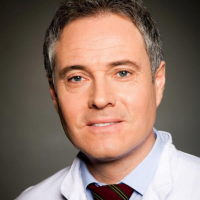Cushing Disease: Diagnostic in Essen - Germany
Treatment prices are regulated by national law of the corresponding countries, but can also include additional hospital coefficients. In order to receive the individual cost calculation, please send us the request and medical records.

Department of Endocrinology and Metabolic Disorders
The Department of Endocrinology and Metabolic Disorders offers the full range of modern diagnostics and treatment of diseases of the endocrine glands and metabolic disorders. One of the department’s key focuses is the treatment of diabetes mellitus. The department uses both classic and the very latest treatment methods, which have proven themselves internationally. In addition to clinical activities, the department's specialists pay due attention to the research activities. The department is one of the largest German centers for the study of endocrine tumors, particularly thyroid cancer and hormonally active pituitary tumors.
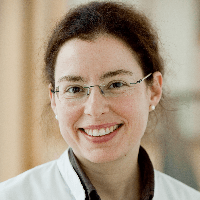





Department of Cardiology, Nephrology and Pulmonology
According to the Focus magazine, the Department of Cardiology, Nephrology and Pulmonology ranks among the best medical facilities in Germany! The department offers all the possibilities of modern medicine for prevention, diagnostics and treatment of diseases of the cardiovascular system, lungs and kidneys. The primary focus of the department's clinical activities is on drug therapy and interventional treatment of cardiovascular pathologies. The medical facility is certified by the German Cardiac Society (DGK) as a heart failure unit and a chest pain unit. A special role is given to the treatment of heart rhythm disturbances (arrhythmias). The main task of the department's pulmonologists is to detect and treat lung diseases. The department's special offer in the field of pulmonology is extracorporeal membrane oxygenation (ECMO) in patients with severe acute respiratory failure. In addition, the medical facility has all the necessary technical resources to detect and treat kidney diseases, including kidney lesions caused by arterial hypertension. The department's nephrologists carry out treatment using pharmacotherapy, extracorporeal techniques and renal replacement therapy.
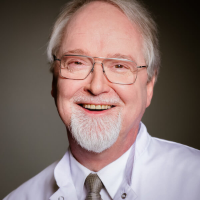

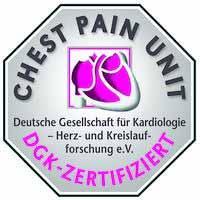

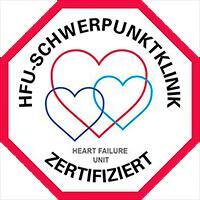
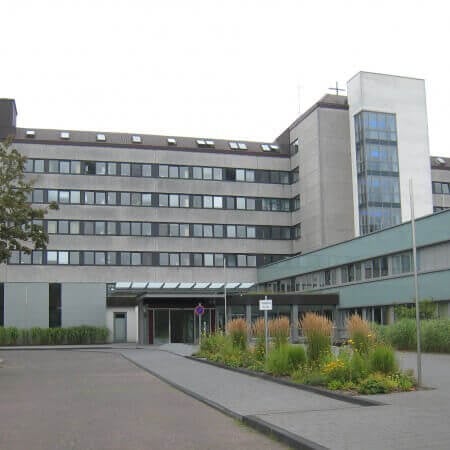
Department of Pulmonology, Gastroenterology, Hepatology, Oncology, Cardiology and Internal Medicine
The Department of Pulmonology, Gastroenterology, Hepatology, Oncology, Cardiology and Internal Medicine provides the full range of services in the areas of its specialization. The department's team of doctors carries out comprehensive diagnostics and treatment of various diseases of the gastrointestinal tract, liver and respiratory system, including malignant ones. In the field of cardiology, doctors conduct all modern diagnostic tests, including cardiac catheterization, to assess the state of the cardiovascular system. The treatment of heart pathologies is based on pharmacotherapy. The area of responsibility of the department's specialists also includes the treatment of secondary forms of arterial hypertension, type 1 and 2 diabetes mellitus, and diabetic foot syndrome. The department has a specialized Weaning Center, which is certified in accordance with the standards of the German Society for Pulmonology and Respiratory Medicine (DGP). The highly professional team of doctors takes care of the health of patients, for whom the individual needs and wishes of the patient always come first.
